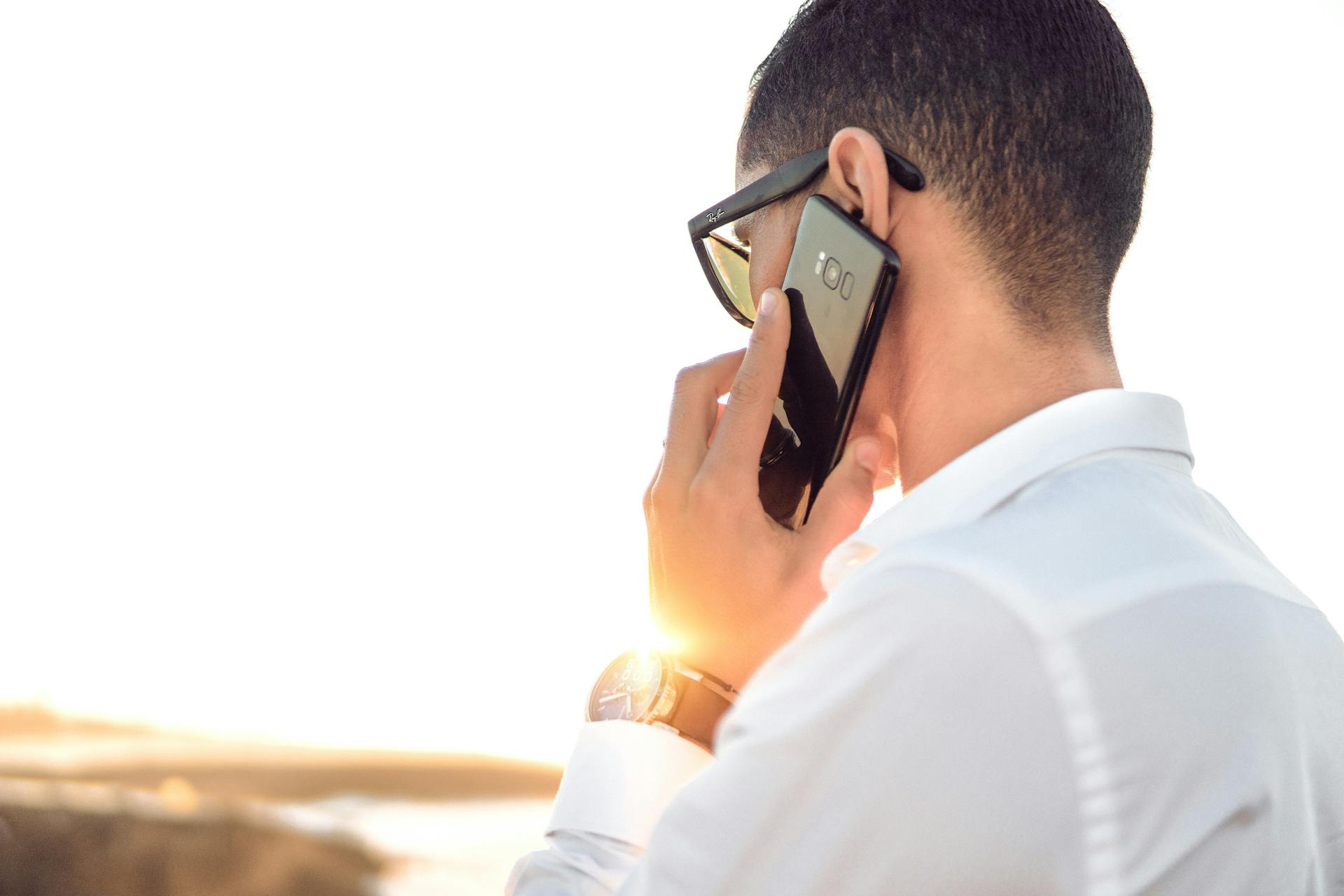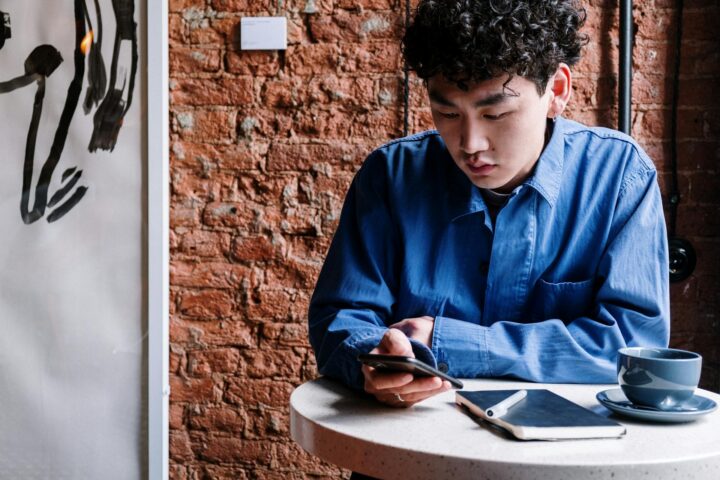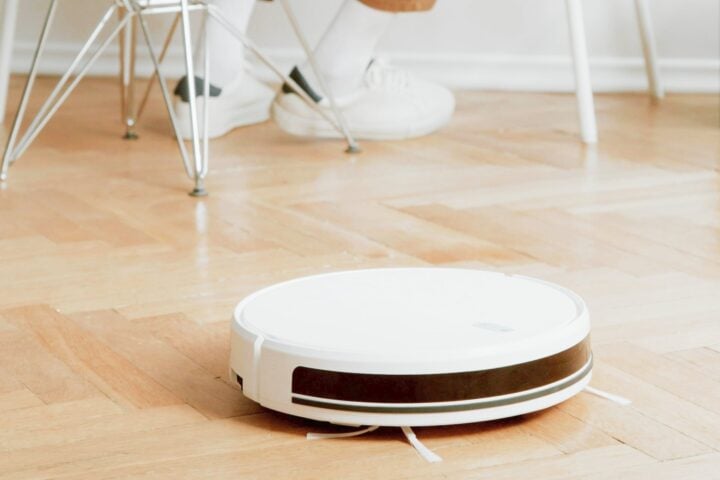In an unprecedented fusion of technology and social etiquette, Japan’s leading smartphone brand has rolled out a new security feature requiring users to apologize before unlocking their devices. The update, titled “Respect-Based Authentication”, aims to enhance user mindfulness, promote humility, and reinforce the nation’s long-standing tradition of formal politeness.
While the feature has sparked mixed reactions—with some praising it as a cultural breakthrough and others frantically searching for ways to bypass it—one thing is clear: the days of casually tapping a passcode are officially over.
How It Works: Unlocking Through Apology
Under the new system, users attempting to access their phone must first verbally say “Sumimasen” (I’m sorry) into the microphone, followed by a properly measured bow detected through facial recognition. The bow must meet a minimum depth of 30 degrees, ensuring sincerity, while advanced AI determines the tone and authenticity of the apology.
If deemed insufficiently polite, the phone remains locked, displaying an on-screen message: “Please apologize more sincerely.”
“We realized users unlock their phones mindlessly, often rushing through notifications and ignoring the importance of gratitude,” explained Shinji Maeda, lead engineer at Nippon Tech Solutions. “With this new system, people must show proper humility before engaging with technology. It’s a small but meaningful cultural improvement.”
Tech analysts predict average unlock times will increase by 5-7 seconds, but argue the social benefits far outweigh any inconvenience.
Cultural Experts Applaud “A Step Toward Greater Harmony”
While some users have expressed frustration, particularly those needing fast access to directions or urgent notifications, cultural experts have overwhelmingly praised the update.
“Japan’s politeness culture is rooted in acknowledgment and respect. Integrating that into daily smartphone interactions strengthens social harmony,” said Dr. Harumi Nishikawa, professor of cultural anthropology at Tokyo Institute of Social Studies. “Now, before diving into digital chaos, users pause for a moment of humility. It’s beautiful.”
However, the practical execution of this feature has resulted in some unexpectedly comical scenes across Japan.
Commuters rushing through train stations are now seen pausing mid-stride, hurriedly bowing to their phones while muttering apologies, sometimes too quickly, causing the device to reject their sincerity. In cafes, office workers repeatedly adjust their bow angle, frustratedly murmuring “That was respectful enough, wasn’t it?” as their screens refuse to unlock.
Tourists, utterly unfamiliar with proper bow depth, have been spotted dramatically exaggerating their movements, practically folding themselves in half in an attempt to meet facial recognition standards, only to receive a rejection warning that simply reads “Too much.”
As technology meets tradition, the blending of politeness with everyday smartphone habits has created unexpected chaos, leaving users questioning whether they are truly apologizing, or simply negotiating their way into their own device.
Users Seek Workarounds, Some More Questionable Than Others
As expected, frustrated users have begun searching for ways to bypass the apology barrier, leading to creative (and somewhat questionable) methods: One tech-savvy teenager recorded himself apologizing perfectly, setting it as his voice-activated shortcut, allowing him to unlock his phone with zero effort. Meanwhile, busy professionals have turned to pre-approved polite phrases, whispering “Sumimasen deshita” with rehearsed precision to fool the AI’s sincerity detection.
Most bizarrely, a black market for pre-recorded “ultra sincere” apologies has emerged, where customers can purchase professionally voiced, deeply heartfelt apologies to ensure smooth unlocking, even in moments of frustration.
Rumors of “Thank You” Verification
Rumors suggest developers are now considering a secondary verification method, where users must say “Arigatou gozaimasu” (Thank you very much) before exiting apps, reinforcing gratitude-based tech engagement. “It’s about mindful interaction,” hinted a spokesperson. “By the end of 2025, Japanese smartphones may operate entirely on politeness authentication.”
For now, users must embrace humility, practice their bow angles, and ensure every digital interaction begins with sincerity, whether they like it or not.




